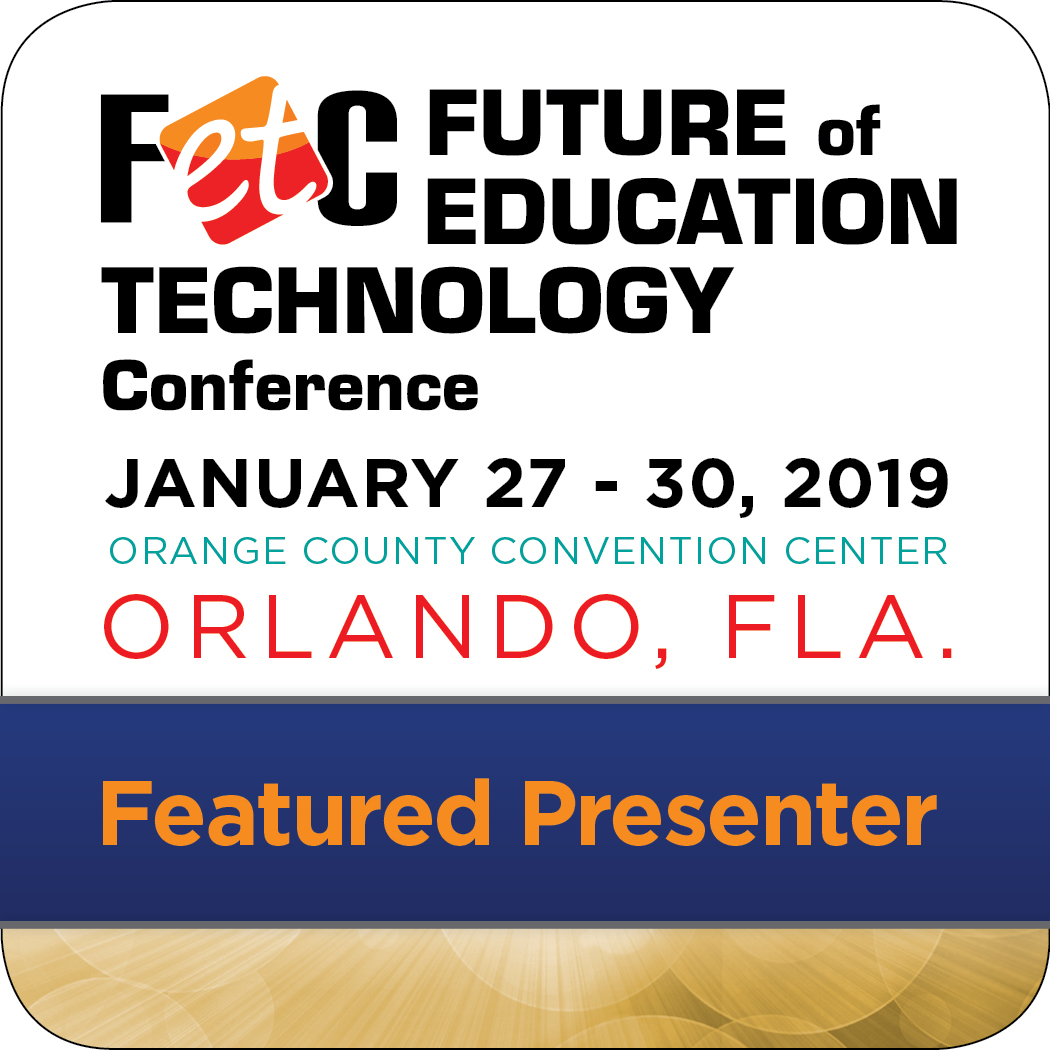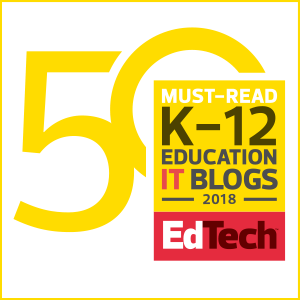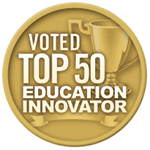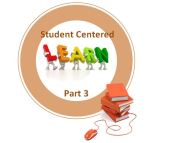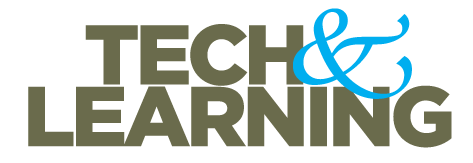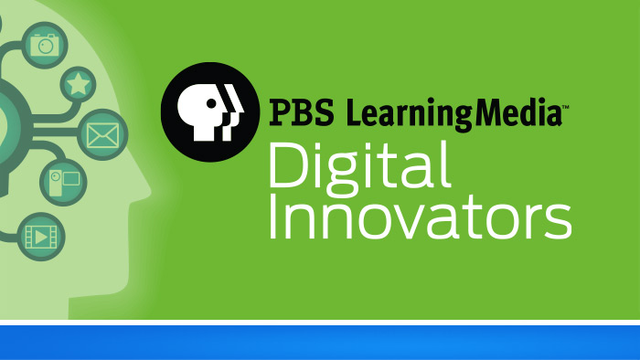
Welcome to the sixth in a series of posts regarding Blending the PBL Gold Standards. I am very excited to share ideas relating to PBL and Blended/eLearning as it relates to this Blog’s topic of Student Reflection and Metacognition. As I reflect, PBL has always been blended. Our challenge is… how to break down the classroom walls even more with the technology we have today. In this series, I am investigating each of the PBLWorks Gold Standards. I have been providing a short explanation and some free resources examples for each of the Gold Standards! Keep in mind that you may want to start small. That might include looking at a past project, or even a large multi-step lesson through the lens of the Gold Standards and free Blended/eLearning resources. The Gold Standards from PBLWorks are posted in the picture above. Enjoy this wonderful journey of learning. Before continuing, I would appreciate having you take a moment to subscribe to this Blog by RSS or email and follow me at (mjgormans). Taking that moment ensures that we can continue to network, something that is very important to me. Also, please share this post with others and even provide a re-tweet with tools at bottom. Last, please check my Booking Page to see how I could be part of your school PD or Conference plans. Enjoy your PBL Journey! – Mike Gorman (https://21centuryedtech.wordpress.com/)\
Part 6… Reflection and Metacognition: Free Blended and eLearning PBL Gold Standards Resources
You may have noticed that I have added Metacognition to Reflection. I feel these two concepts go together. Reflection must be meaningful and intentional providing students the opportunity top think about their thinking in relationship to the content and success skills that are part of the learning experience. John Dewey said it best in the following quote:
“We do not learn from experience… we learn from reflecting on experience.”
Project Based Learning is so much more then covering content though lecture and reading, followed by doing a project to show what one has learned. The project is the vehicle of reflection and metacognition allowing the students to get to a final destination with new and deeper learning as a reward. That final destination is a project that has been built along a highway filled with on and off ramps allowing for experiences filled with individual and collaborative investigation, reflection, research, experimentation, inquiry, metacognition, and authentic learning, These ramps have been built intentionally by the teachers to provide that important reflection and metacognition that will allow the project to be so much more than a noun, but also a verb built on action and process. Learning really is a process. Let’s take a closer look at Reflection and Metacognition in PBL.
Reflection and Metacognition (Thinking about Thinking) – Often the two terms metacognition and thinking are used together to demonstrate the need for students to be aware and reflective in their learning. Together these concepts allow for a deeper learning by asking students to reflect, think, critique, and apply learning. So many times, in a rush to get to the next content objective, education fails to allow students to focus on their learning. In PBL this happens at the entry event, through out middle project cycle of learning, and at the close of the project. Perhaps one of the most important post reflections might be… what can I now do with my learning? It is important that students have that opportunity to think about thinking. Through this… learning is not the end product, but an important process, one that will last a lifetime. I will take a moment to dig a little deeper.
Emphasis on Process over Product (Doing) – PBL emphasizes the importance of the journey and not so much the destination. While the final product can be a wonderful and exciting occurrence, the journey is filled with important contents standards, skills, experiences, and intellectual growth. As John Dewey reminds educators, it really is the doing. There is an emphasis on the verbs found in the standards highlighting Bloom’s higher orders of process. It not just what one learned in school today… it is what one did and reflected on while building a type of internal self knowledge. Before looking at resources let me share one more Dewey quote. Please take a moment to reflect on it.
“Give the pupils something to do, not something to learn; and the doing is of such a nature as to demand thinking; learning naturally results.”
Resources for Reflection and Metacognition in PBL with Blended Opportunities
I am including just a small set of resources that might help you develop reflection and metacognition in PBL as you blend the possibilities. There are only five, and as you read them, think of ways you can take these ideas and blend them with technology. These resources provide possibilities that might be an entire PBL, just a learning activity inside a PBL, or possibly an online resource to help you better facilitate this gold standard. My primary focus was to find a few resources that might allow for some real student reflection and metacognition across a wide range of subjects. Check out the links within the links… along with the sub links I provided. I realize there are so much more… but that will be for a later Blog or Book!
Making Thinking Visible: – This is a site from Harvard’s Project Zero that provides routines to promote thinking and understanding. These concepts can be expanded into the Blended environment. You may want to visit this site that provides some of these routines in a virtual kind of way. You may want to look at this site that provides tech apps that work with different routines, or this other site that provides a look at Google Slides and Routines. After looking at all of this, I am sure you will see your thinking into some great possibilities.
Institute for Habits of the Mind: – This is a resource filled with multiple ideas that promote student cognition to promote deeper understanding. Check out their many resources including one of my favorite rubrics, be sure to take a look! How might this rubric be incorporated as virtual exits tickets, online self assessment, and classroom online discussions?
Kidblog: – Explore this student blogging tool made just for students. Primary students may start with one class blog that the teacher oversees and uploads information to. There are many other blogging sites, make sure you do get school and parent approval if needed. Again, respect privacy and check your school AUP (Acceptable Use Policy)
SRI – Protocols: – Protocols are powerful and when applied to learning and collaboration deeper learning becomes possible. Explore all the possibilities in this website, and think about ways to blend them online. How might you use ZOOM, Hangouts, Google Docs, Padlet, and discussions to bring these protocols into the virtual world? Be sure to start with just a few. I am providing this wonderful article from Edutopia to provide an example in this unique style of blended thinking. Do you want something simple like just using a Chat Room? Check out this Edutopia article? What might you come up with?
Virtual Discussion Modules: – Take your discussion and discover ways to blend it online to make it both powerful and archived for further learning. This reading might give you new ways to use the discussion feature in your LMS and provide students reflection and metacognition time.
Reflection on Student Reflection and Metacognition
I heard someone once state that learning does not happen until we think and reflect on our learning. Providing the student with the time to do this might be the most important part of their education. As one can see Project Based Learning is very intentional in providing the student with time for reflection and metacognition.. The teacher truly is a designer, facilitator, and activator allowing students to see their thinking, along with the thinking of others. There is a constant formative process allowing students to progress through metacognition, iterative cycles, and deeper and deeper learning experiences. It is an exciting journey for both teachers and students, one where each side trip adds to the entire process. The destination is bound to be filled with a celebration of learning and new possibilities!
Next Post: Critique and Revision, PBL and the Blended Classroom… Sign Up Now!
Booking Info – Look for contact information at the Booking Site. I have a distance learning workshop and session entitled “STEM is a Verb”. In fact… the Workshop is also a Verb! I also have a new 1 hour workshop “Preparing for PBL”. It really promotes that 4C Classroom. Perhaps you wish to investigate PBL in the eLearning and Blended Classroom in another practical workshop. All of these and more can also be built into a 1/2 day or full day session, and are very interactive! Schools have loved it! Talk with me about your spring and summer… or even fall planning for 2021



